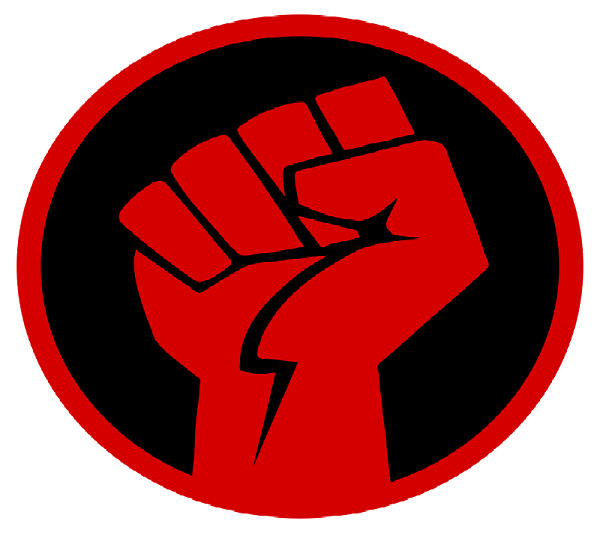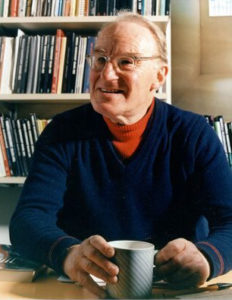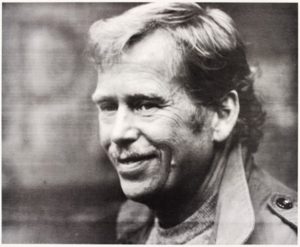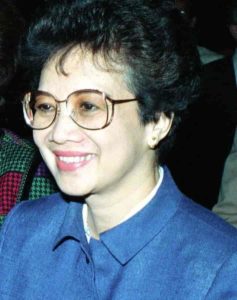
The Power of the Powerless
Do you know why Amnesty International, the non-governmental organization that campaigns for human rights for all and fights injustice in the world, was formed? It was founded because one man appealed for justice for individuals sent to prison for simply having expressed their opinions.
Other individuals or groups have also acted on a small scale with far-reaching impact, changing the world for the better. Here are some of their stories.
In 1978, Czech playwright and politician Vaclav Havel (1936-2011) wrote an essay entitled, “The Power of the Powerless.” This work investigated the enormous benefits available to those who looked within themselves to recognize truth and fought lies wherever they existed. Contrary to the feeling of helplessness often experienced by single individuals facing seemingly insurmountable government policies or other obstacles, examples of small acts of resistance have actually produced decisive results in many cases.
One example is the Marcos regime’s demise in the Philippines. For years President Ferdinand Marcos ran an authoritarian and corrupt government during which opposition leaders were killed or disappeared. During the country’s era of martial law (1972-1981), opposition leader Benigno Aquino Jr. (1932-1983) was imprisoned for eight years and sentenced to death, although this extreme penalty was commuted and he was allowed to travel to the US for heart surgery.
When he returned, Aquino was shot dead as he stepped from his plane. His wife, Corazon “Cory” Aquino (1933-2009), ran for the presidency in 1986, having become a symbol of change for the Filipino people. During the election opposing Marcos, technicians from the National Computer Center charged with computing and tallying the election results, operating under the Office of the President, noticed differences between their reports and the official results communicated in favor of Marcos. They observed that Aquino’s votes were not counted accurately in order to ensure a Marcos victory. Appalled, the group of 30 women and 5 men took the computer data proving Aquino had won and publicly walked out of the processing center citing “election discrepancies.” Knowing many people had been killed for less, they gave a brief press conference in Baclaran Church in Manila and exposed the data proving Marcos had lost. People peacefully filled the streets, surrounded tanks and soldiers sent there to intimidate them, and demanded transparency and acknowledgement of Aquino’s victory. While still claiming his win, Marcos and his wife fled to Hawaii, Aquino assumed the presidency, and the computer programmers proved that, in their words, “Our dignity is not negotiable.”

Peter Benenson (photo by Olga Berrios, CC BY 2.0 license, via Wikimedia Commons)
Another man fought for justice and the forgotten. One morning in 1960, lawyer Peter Benenson (1921-2005) read in a British newspaper that two students had been jailed for seven years for the “crime” of offering a toast to liberty at a Lisbon café. Portugal at that time was ruled by the dictator António Salazar. Stunned by such injustice, Benenson wrote a news article that was published a few months later in The Observer entitled, “The Forgotten Prisoners.” His article resulted in a campaign to raise awareness of people imprisoned for simply expressing their opinions. It was a call to action with the purpose of showing governments that their actions were being watched, and that people would hold them accountable. Thousands supported the rights of individuals to have their own beliefs without being persecuted, and Benenson’s article was reprinted in many languages throughout the world. As a result, the human rights organization Amnesty International was formed, and numerous prisoners of conscience have been freed since. Benenson’s small act had a decisive effect, and today the international NGO is a global movement with over 10 million members and supporters in 150 countries.
“OPEN your newspaper any day of the week and you will find a report from somewhere in the world of someone being imprisoned, tortured or executed because [their] opinions or religion are unacceptable to [their] government. … The newspaper reader feels a sickening sense of impotence. Yet if these feelings of disgust all over the world could be united into common action, something effective could be done.”
– Peter Benenson, “The Forgotten Prisoners”
In 1977, the organization won the Nobel Peace Prize for “defending human dignity against violence and subjugation.” By one account, Amnesty International’s campaigns “have saved countless prisoners from torture or death. From South Africa, Chile and Uganda to Iraq, Burma and China, Amnesty’s work has helped secure the release of political prisoners and highlighted human rights violations.”
In the words of author Max Lucado in his book Outlive Your Life: You Were Made to Make a Difference: “No one can do everything, but everyone can do something.”



